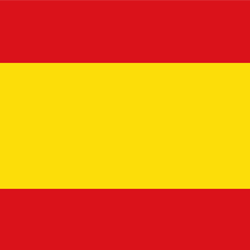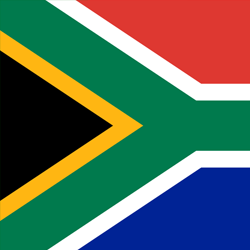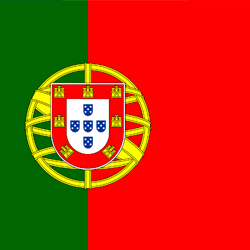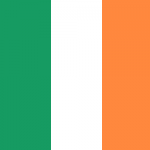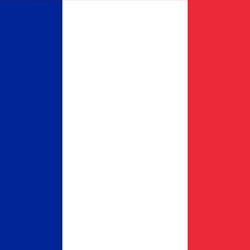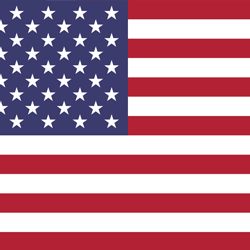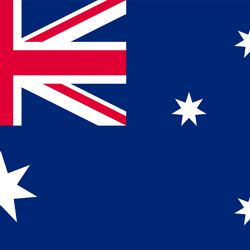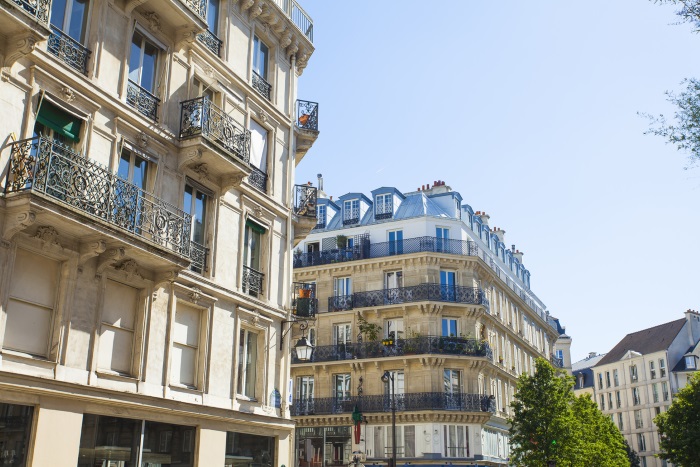When looking to buy property in France you may find that you run into a whole host of words and phrases that you have trouble deciphering. Unless you’re fluent in French, the language barrier is likely to add another layer of complexity to an already difficult process.
If you haven’t got time to become ‘au fait’ with French before you begin your property journey, getting to grips with some of the terms and phrases you’re most likely to encounter can be really helpful.
To help you on your way, we’ve produced this handy guide dissecting the jargon you’re most likely to come across when buying property in France.
- Agence Immobilière (Estate Agent) – French estate agents function the same as their counterparts from anywhere else in the world and will help you find a property. As is the case in the UK, estate agents in France work on commission, so you may find some are quite pushy in order to secure a sale.
- Année de la Construction (Year Built) – The year the building was constructed can usually be found in the Dossier de Diagnostic Technique. Knowing the ‘Année de la Construction’ should give you some indication of if there are any period features you can expect to find or if you need to worry about issues like asbestos.
- Assurance Habitation (Home Insurance) – Fairly self-explanatory but important to have, particularly in certain areas where a cooler climate may lead to more water damage in older French properties.
- Attestation de Propriété (Proof of Ownership) – You will be given this after completing your property purchase.
- Baignoire/Douche (Bath/Shower) – Do you prefer a long relaxing bath in the evening or a quick shower to help wake you up in the morning? Make sure the property you pick has the right plumbing for your needs!
- Bilan de Santé Immobilier (House Survey) – Ensure that you have hired a professional to check that a property is in good order (or at least the order you expect) before purchase.
- Campagne (Countryside) – Little can compete with the laidback atmosphere and rustic charm of the French countryside, so you may want to focus on properties that are listed as being à la campagne.
- Cave (Cellar) – Unfortunately French homes do not come equipped with a place to keep your pet bear/troll/dragon, with a ‘cave’ in property listings actually meaning a cellar – which, if nothing else, is a good place to store your wine!
- Chauffage au Gaz/Mazout (Gas/Oil Heating) – Many older stone homes in France can be costly to keep warm, so look into what heating system is currently in place and try to get a rough estimate of how much it might cost to replace (if it’s a bit on the ancient side).
- Cuisine (Kitchen) – As the heart of most homes, the kitchen may get more consideration than other rooms when it comes to picking the right property for you.
- Dossier de Diagnostic Technique (Technical Diagnostic File) – This is the name given to the various reports and surveys that must be undertaken before a property can be sold, it should provide you with an idea of what state a home is in and what work may be needed.
- Fosse Septique/Tout a l’égout (Septic Tank/main drainage system) – Something to keep in mind is that many homes in rural regions are not connected to a mains sewerage system and instead make use of a septic tank.
- Hypothèque (Mortgage) – Unless you can purchase a property outright, you’ll probably need to take out a mortgage when purchasing a home in France. Depending on your circumstances, you may find that mortgage terms are far more generous than back home.
- Jardin or Jard (Garden) – Whether you’re planning to enjoy life in the city or the French countryside you’ll probably want a little bit of outdoor space where you can soak up the sun.
- Maison d’amis (Guest House) – Those with a little more capital behind them may want to think about having a bit of extra space to stick visitors!
- Monument Historique (Listed Building) – Much like in the UK, purchasing a listed building will leave you will limited options in terms of making improvements/changes to a property.
- Notaire (Notary) – Handles all property transactions in France. While one may be provided by the seller you may wish to hire your own.
- Piscine (Swimming Pool) – What property on the French Rivera would be complete without its own swimming pool?
- T1, T2, F1, F2 etc – A shorthand way of describing an apartment (T) or house (F) and the number of rooms (excluding bathroom and kitchen) e.g. a listing for a F3 property would be a house with three rooms in addition to the bathroom and kitchen.
- Taxe Fonciére (Local Tax) – This tax is paid by the owner of a property to the local tax office, and is split into a tax on the building and a tax on the land.
While there are many more terms and phases used by the property industry in France, hopefully this guide will equip you to deal with some of the more important or unusual terminology you may encounter whilst searching for that perfect French property to call your own.

